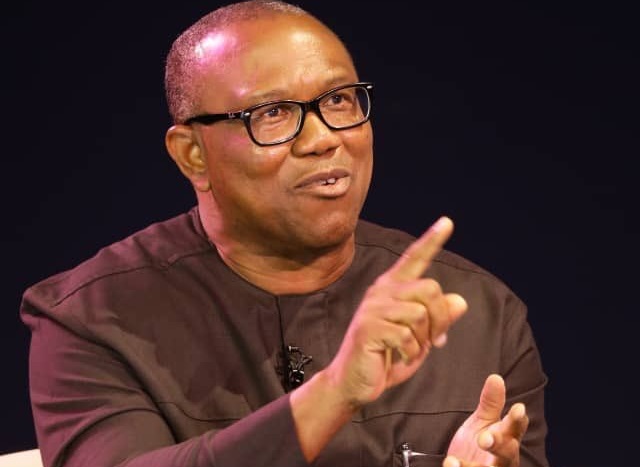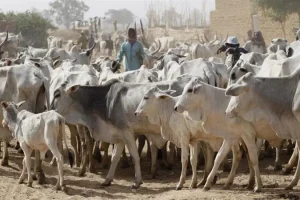
Peter Obi, the Labour Party’s presidential candidate in the 2023 general elections, has reiterated the critical need for a comprehensive overhaul of Nigeria’s failing healthcare system.
Speaking at a medical forum in Lagos, Obi criticized the government’s approach to development, stressing that meaningful progress must prioritize human capital through investment in health, education, and poverty alleviation.
The former Anambra State governor expressed deep concern over the deteriorating condition of the country’s healthcare infrastructure, despite the substantial foreign loans reportedly secured to enhance the sector.
Delivering the keynote address at a gathering hosted by ANAP Doctors in North America and the University of Nigeria Alumni Association, Obi highlighted that true national development is best measured through the Human Development Index (HDI), not merely through physical infrastructure like roads and buildings.
“Health is wealth,” Obi emphasized. “Alongside education and poverty reduction, these are the foundational pillars that any serious government must prioritize to drive sustainable economic and social progress.”
Obi lamented the state of Nigeria’s primary healthcare system, revealing that more than 70% of the country’s primary health centers are either non-operational or lack essential resources and personnel. He also noted that Nigeria currently meets only 10% of the doctor-to-population ratio recommended by global health standards.
Drawing comparisons, Obi cited India as a success story. Despite its large population—approximately seven times that of Nigeria—India has achieved nearly 80% of the global doctor-to-patient ratio standard. The country continues to invest in expanding its network of medical colleges, aiming for long-term improvement in healthcare access and delivery.
Obi also referenced South Africa’s commitment to health, pointing out that the nation’s 2024/2025 healthcare budget is more than double Nigeria’s total health allocation over a five-year span (2021–2025), even though South Africa’s population is significantly smaller.
Billions Borrowed, Little to Show
Taking to his social media handle, Obi expressed dismay over the disconnect between Nigeria’s significant borrowings and the lack of tangible improvements in the health sector. He revealed that since 2023, the country has borrowed over $11 billion from institutions like the World Bank, specifically for healthcare and medical education, yet the system remains critically underperforming.
“These borrowed funds were meant to strengthen our healthcare system,” Obi said. “Unfortunately, the outcomes do not reflect the scale of investment.”
He urged the government to urgently re-evaluate its planning and spending priorities. Rather than pouring resources into superficial projects, Obi advocated for strategic investment in sectors that directly impact the lives of ordinary Nigerians.
“We must realign our budgets and borrowed funds to address healthcare, education, and poverty—areas that have the greatest potential to uplift our people and nation,” he stated. “A truly functional system is one that works for the people.”
Obi concluded by expressing hope for a Nigeria where leadership decisions are driven by data, compassion, and a long-term vision for national growth.





